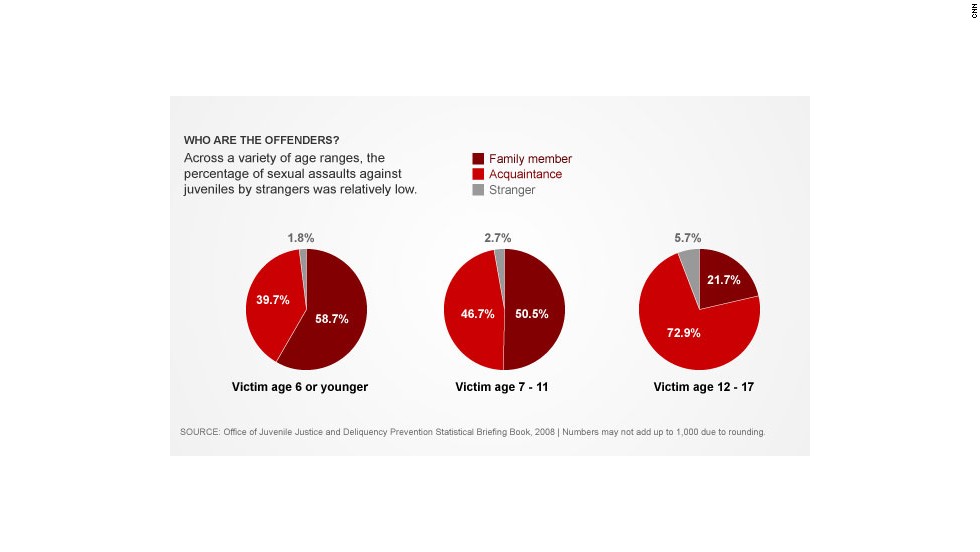Registry does more harm than good for teen offenders
Joshua Gravens can’t do a lot of the normal things parents do, like drop his son off at school, attend parent-teacher conferences, or take his daughter to the park, a library or anywhere else children gather.
For the offense of inappropriately touching his sister when he was 12, Gravens, 26, has spent almost half his life as a registered sex offender. The designation subjects him to residency and zoning restrictions that dictate where he can live and spend time. It has also made him the target of harassment, death threats and hampered his ability to find a job or keep a home, he said.
As he sees it, his wife and four children are still paying the price for what he did as a child.
“The biggest effect is obviously not being able to provide stable housing and a stable environment,” said Gravens, who lives in Dallas. “I have missed two first days of school, experiences which can never be re-lived.”
The collateral effects of life on the registry are the subject of a new Human Rights Watch report challenging the view that registration and related restrictions are appropriate measures for dealing with children who commit sex offenses. “Raised on the Registry: The Irreparable Harm of Placing Children on Sex Offender Registries in the U.S.,” recommends adolescents be exempt from registration and community notification in the absence of empirical data showing that doing so makes communities safer.
The U.S. Supreme Court held in a 2003 ruling that sex offender registration is a public safety tool not intended to punish offenders. But the report suggests that restrictions associated with life on the registry do more harm than good and amount to continued punishment with little evidence to suggest the public is any safer.
“Good public policy should deliver measurable protection to the community and measurable benefit to victims. There is little reason to believe that registering people who commit sexual offenses as children delivers either,” Soros Senior Justice Advocacy Fellow Nicole Pittman said in the report.
These are excerpts from the article. Due to copyright laws you can read the full story here: http://www.cnn.com/2013/05/01/living/juvenile-sex-offenders-rights/index.html

